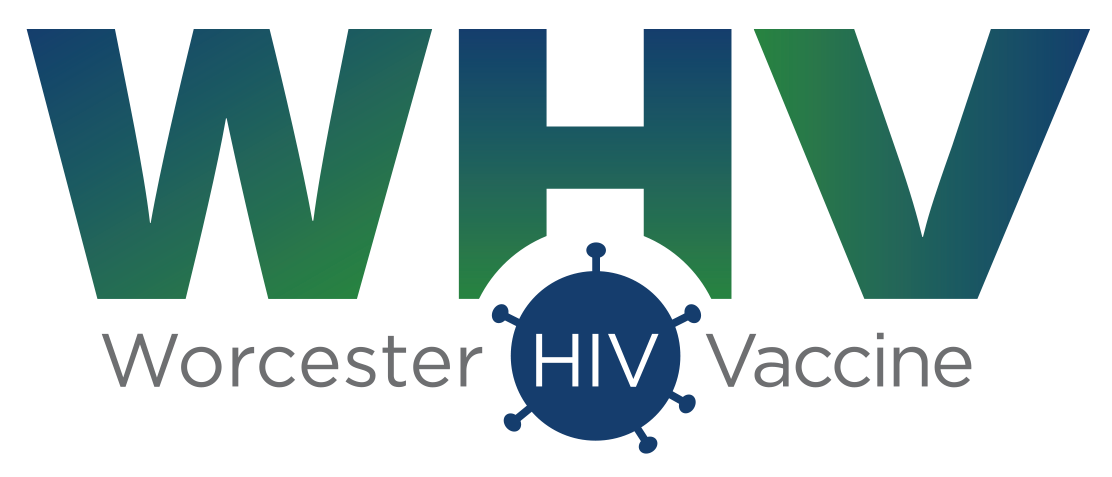Last month, the WHV team along with partners from the University of Massachusetts Chan Medical School (UMMS) presented two posters at the Keystone Symposia on HIV Vaccines.
The first poster presented data of an A32-like ADCC mediating monoclonal antibody (mAb) isolated from a donor who participated in UMMS’ phase 1 trial DP6-001 testing the safety and immunogenicity of the first generation PDPHV. The new mAb (HmAb78) has previously been shown to have cross-clade gp120 binding and potent ADCC activities comparable to A32, a potent mAb isolated from a chronically infected HIV-1 patient that serves as an ADCC benchmark for non-neutralizing mAb in the HIV field – indicating that PDPHV is capable to induce an immune response similar to that induced by HIV infection. More significantly, HmAb78 used the same germline as A32. The new data presented at this year’s Keystone HIV Vaccine meeting is a crystal structure of HmAb78 which showed that the antigen binding site was largely identical to that of A32. This work was done in collaboration with Dr. Marzena Pazgier and her postdoctoral fellow Dr. William D. Tolbert from the Department of Medicine of Uniformed Services University of the Health Sciences. Dr. Xiangpeng Kong from New York University (NYU) also played an important role in this study. These findings further confirm that WHV’s polyvalent gp120 DNA /Protein HIV vaccine targets critical viral epitopes which may be important for HIV infection.
The second poster presented the recently determined structure and epitope of the CD4-binding site (CD4bs) human mAb HmAb64, which has also been isolated from a donor who participated in the DP6-001 trial and neutralized multiple primary HIV-1 subtypes. Through cryogenic electron microscopy, the collaborating research team at NYU (Dr. Xiangpeng Kong and Dr. Kun-Wei Chan) provided a detailed structure of HmAb64 and specifically discovered a binding mode that is distinct from known CD4bs-specific neutralizing antibodies (nAbs). These new findings can not only help with immunogen design for HIV prevention research but also provide additional evidence that PDPHV may be a strong vaccine candidate against HIV infection.
The second generation PDPHV is currently tested in phase 1b WHV138 to be concluded by the end of this year and WHV eagerly pursues to move this promising HIV vaccine candidate to more advanced in-human trials.

